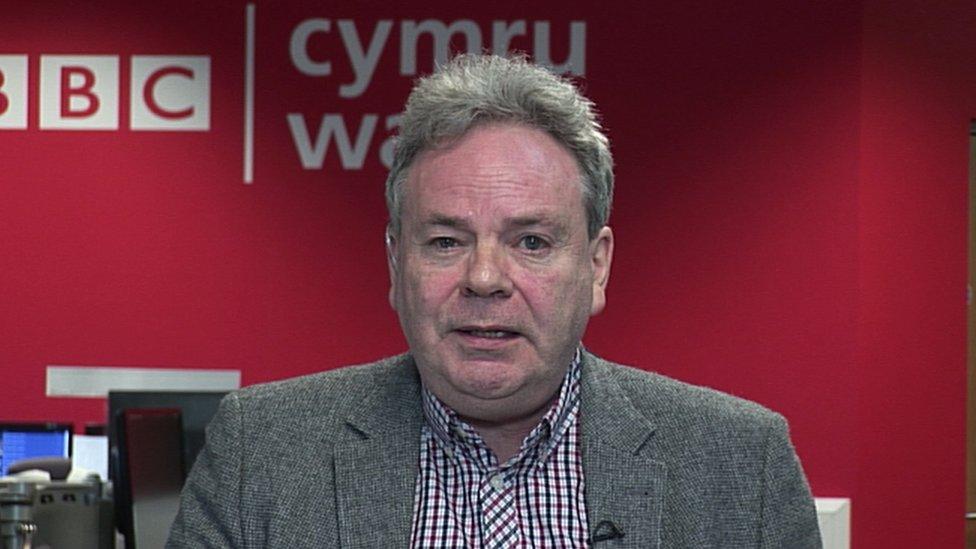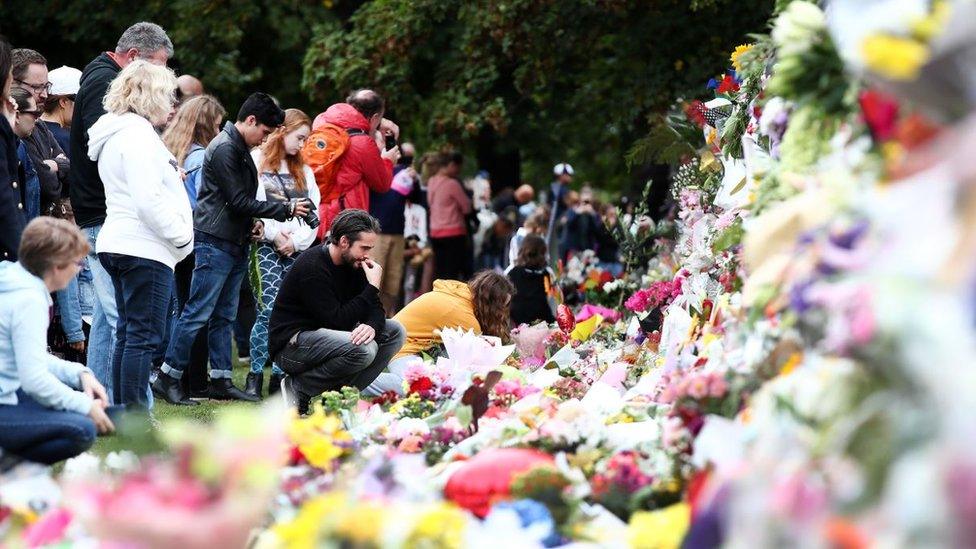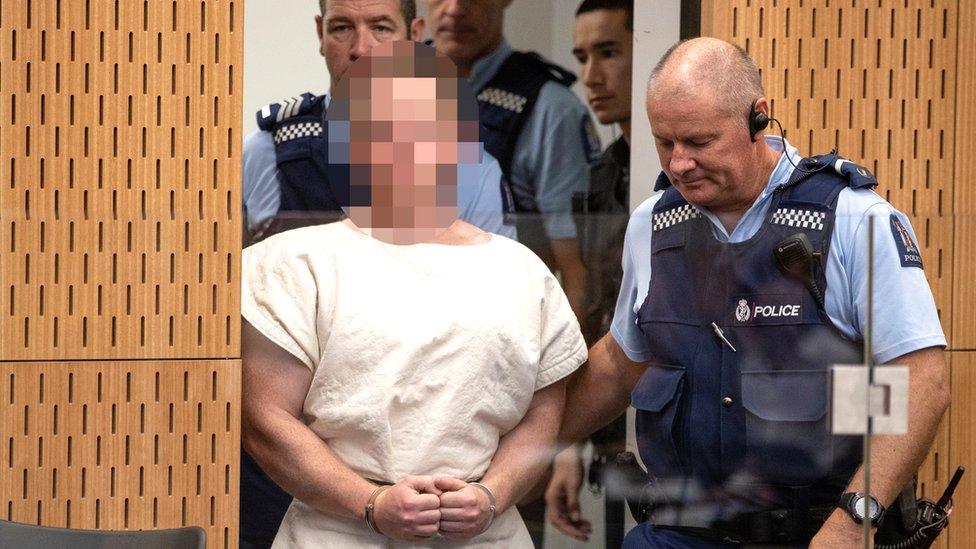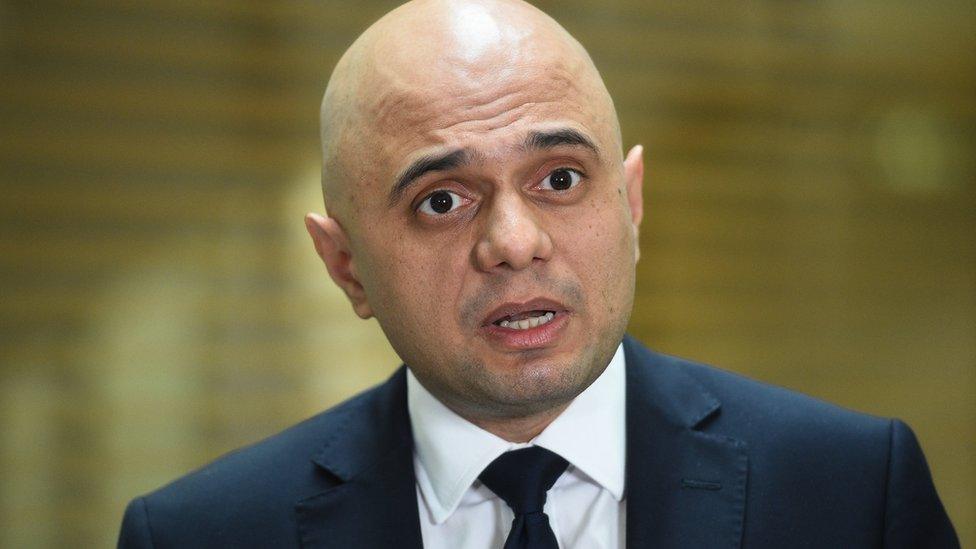Christchurch shootings: Social media 'too slow' at removing footage
- Published

Wrexham MP Ian Lucas was speaking to BBC Breakfast
Social media companies were too slow removing footage of an attack on two mosques in New Zealand where 50 people were killed, an MP has said.
The gunman filmed Friday's attack and live-streamed it directly to Facebook.
The social media giant said on Sunday it removed 1.5m videos worldwide within the first 24 hours of the shooting.
Wrexham MP Ian Lucas, who sits on the Commons' digital and culture committee, said the platforms had created the problems themselves.
Social media has become a mass phenomenon in the past decade and advances in technology has enabled users to use tools such as live streaming.
"They have created a platform which creates unprecedented challenges which they can't control fast enough and which leaves us with massive social problems that we need to face," he said.
"It [removing posts] was too late, they don't have the capacity to do it and they need to engage much better with governments, with society to deal with this huge challenge."

Mr Lucas suggested while such firms had "made billions of dollars over very many years" they had not taken enough responsibility for the content on their platforms.
But he added: "Because of relentless political pressure, I think we're now winning that argument."
The Labour MP's comments follow a warning by Home Secretary Sajid Javid that social media companies need to "clean up their platforms" or be prepared to face the "force of the law".

Brenton Tarrant, 28, appeared in court on Saturday in relation to the mosque attacks
The government is due to publish a delayed White Paper on "online harms" in the coming weeks.
The gunman used a head-mounted camera to live-stream the attack on Facebook which lasted for 17 minutes. In it, he identified himself as Brenton Tarrant.
Despite the original video being taken down, it was quickly replicated and shared widely elsewhere.
- Published16 March 2019
